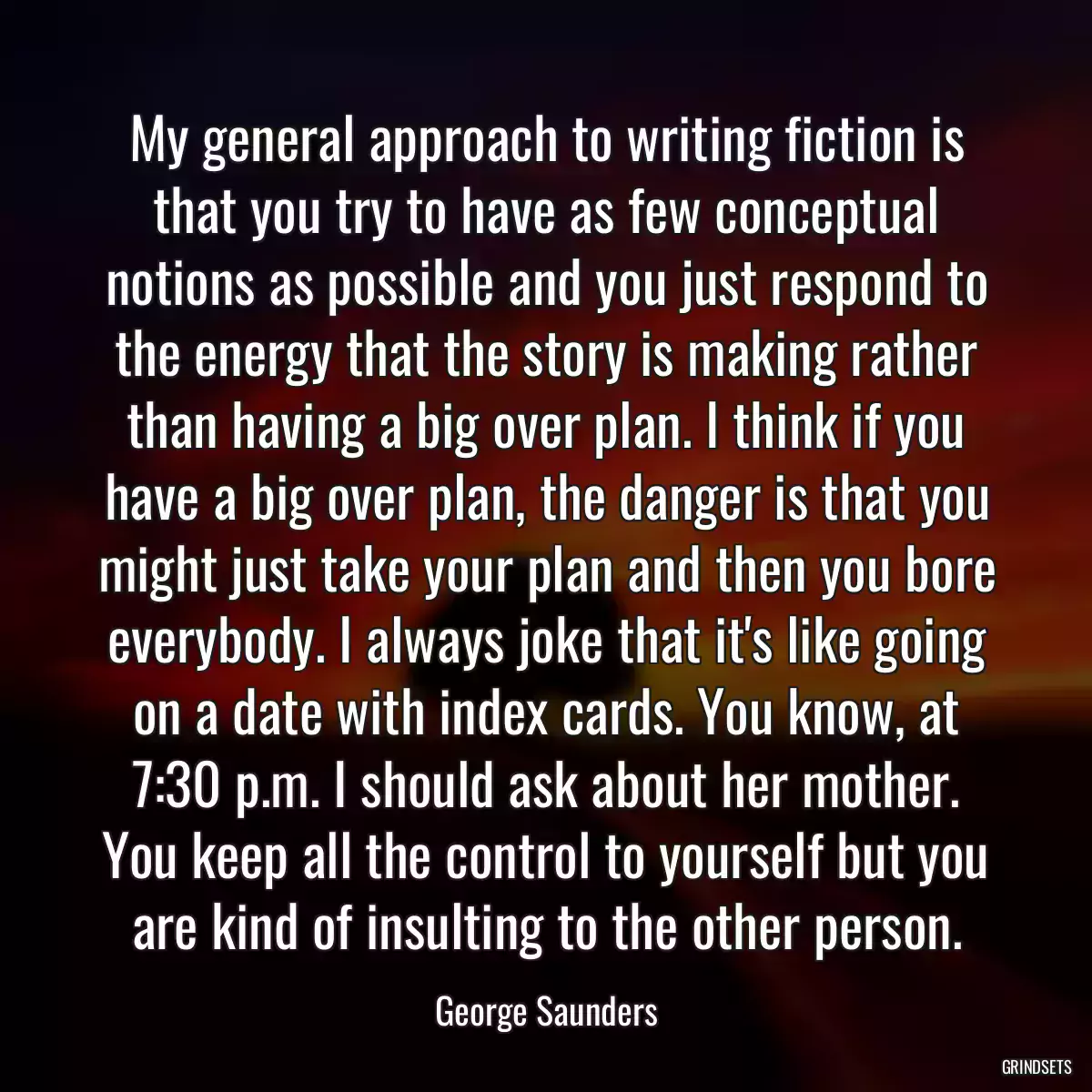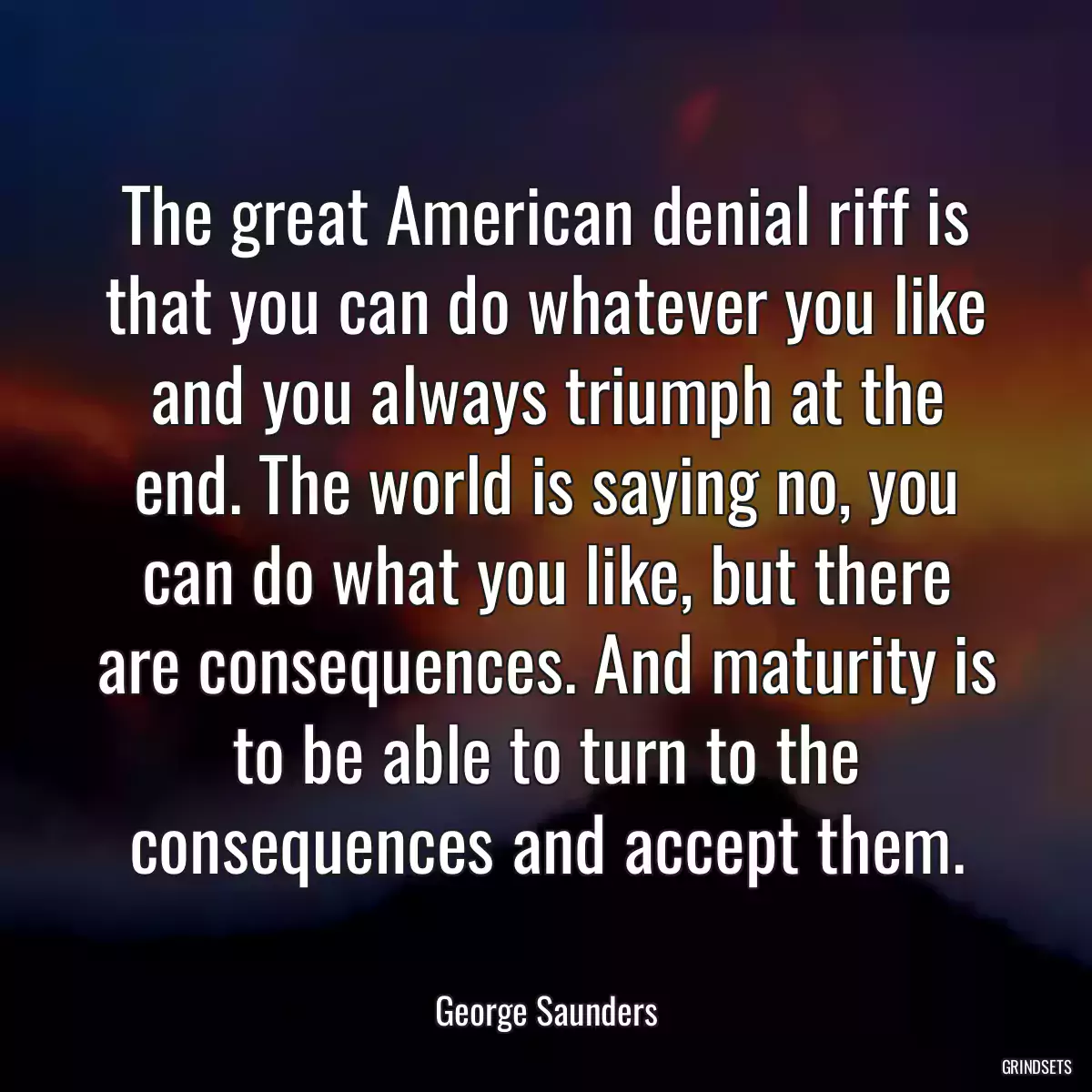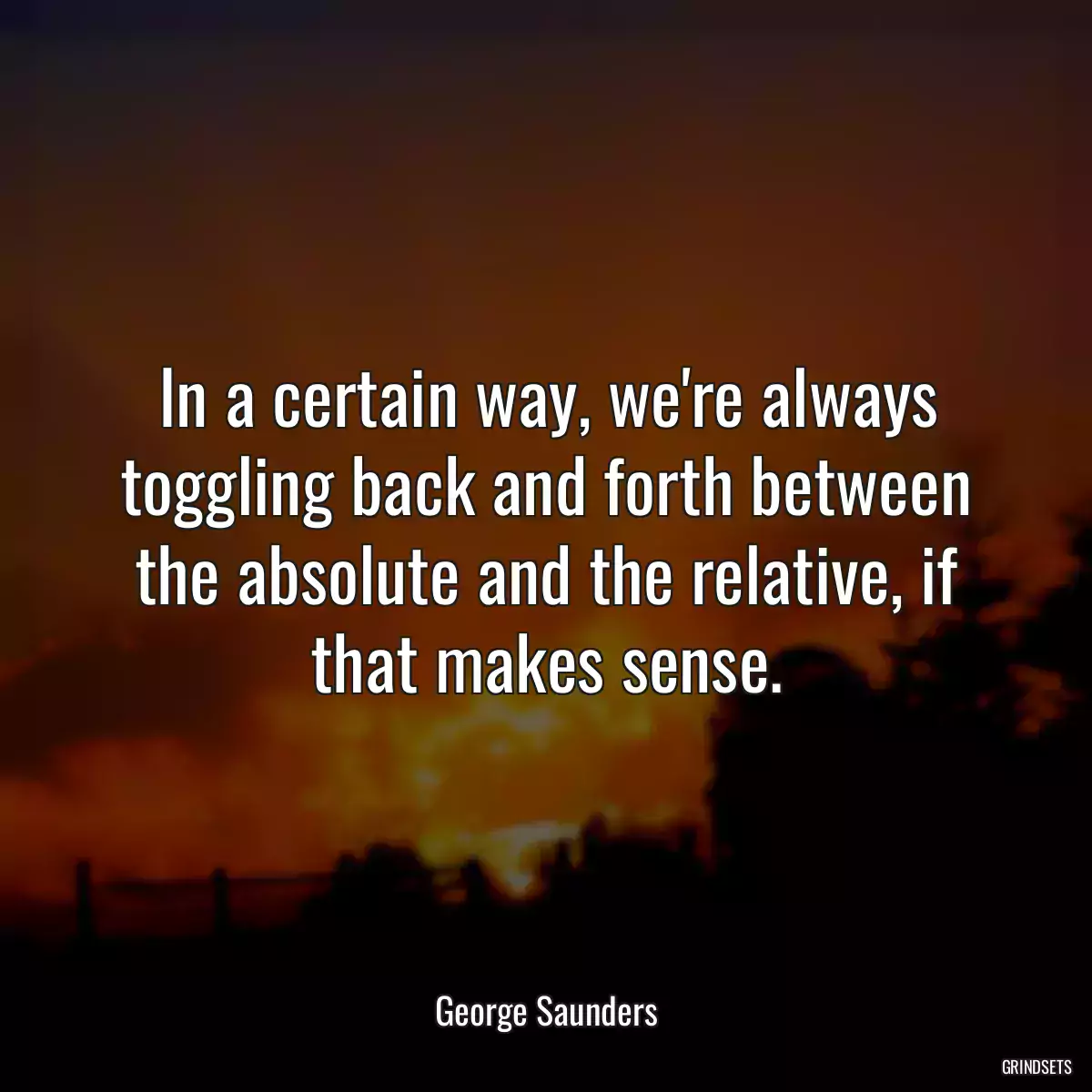
My general approach to writing fiction is that you try to have as few conceptual notions as possible and you just respond to the energy that the story is making rather than having a big over plan. I think if you have a big over plan, the danger is that you might just take your plan and then you bore everybody. I always joke that it's like going on a date with index cards. You know, at 7:30 p.m. I should ask about her mother. You keep all the control to yourself but you are kind of insulting to the other person.

